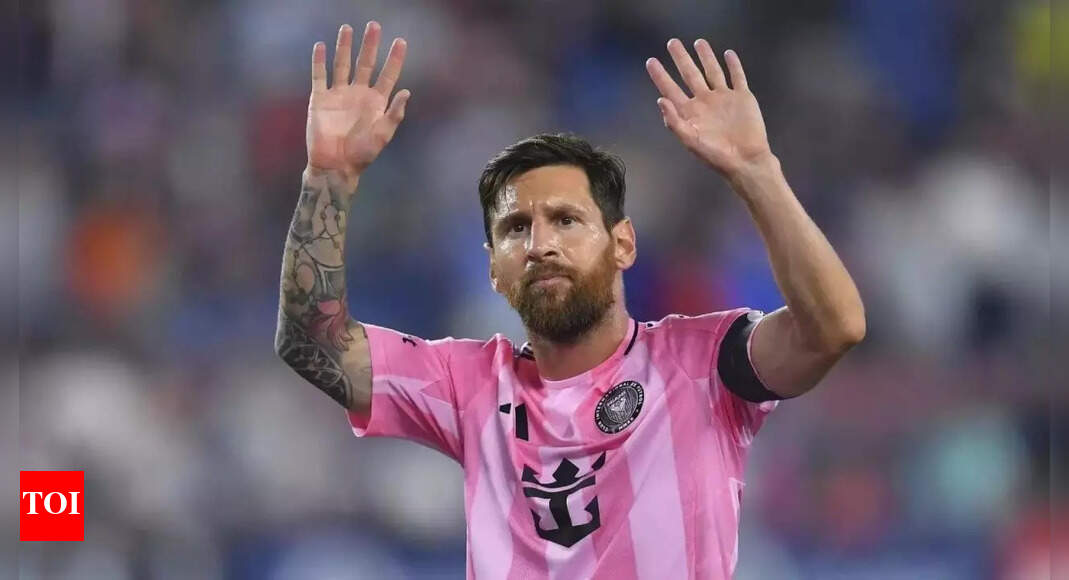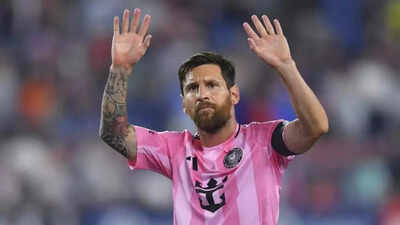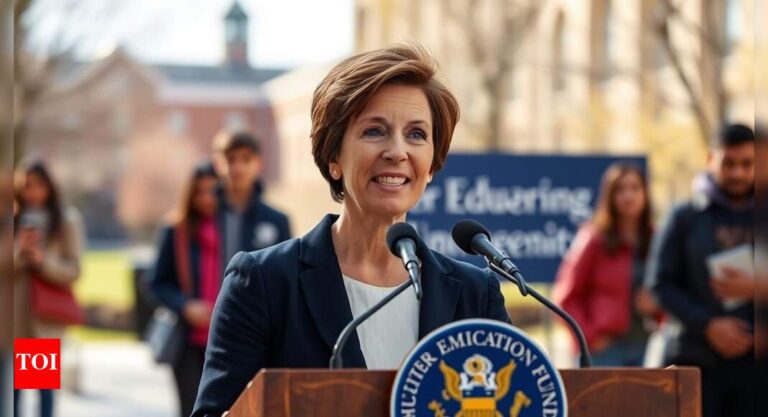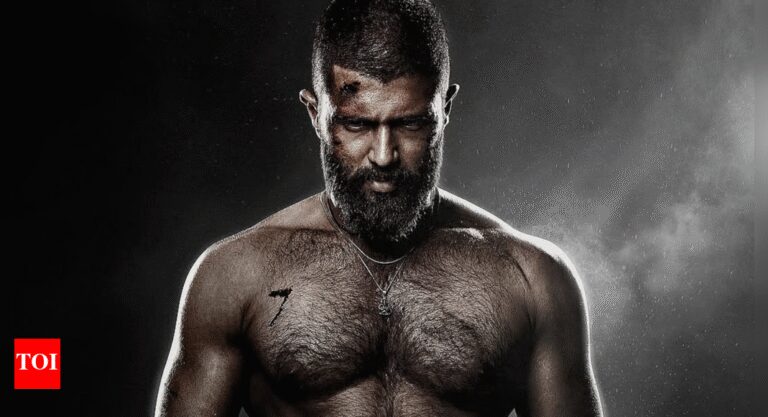
Before Lionel Messi became a global icon, before he lifted the World Cup and shattered every imaginable football record, he was just a quiet boy from Rosario, Argentina with a schoolbag in one hand and a football in the other.Messi never went to college. In fact, he barely made it through high school. But his education journey, far from conventional, reveals the untold struggles of young athletes who grow up balancing books with burning ambition. For Messi, the classroom was just one of many arenas where he quietly fought battles of discipline, health, and dreams too big for a blackboard.
The boy from Rosario
Born in 1987 in a modest neighbourhood of Rosario, Lionel Andrés Messi Cuccittini was the third of four children in a tight-knit, football-loving family. At age four, he joined his first club, Grandoli, under the watchful eye of his grandmother, who famously encouraged him to chase the ball before he could properly write his name.While football dominated his free time, young Leo also attended Primary School No. 66, General Las Heras. His teacher, Maria Soler, would later remember him as shy, soft-spoken, and incredibly focused. He always did his homework, even if it meant squeezing it in between training sessions or traveling for weekend matches.In the classroom, he wasn’t a star. But he was disciplined. Modest. Determined. The same qualities that would one day define him on the pitch.
Messi at La Masia: Where football trumped school
At age 10, Lionel Messi was diagnosed with a growth hormone deficiency that threatened to derail his football future. The treatment was expensive, nearly $1000 a month, and far beyond what his family could afford. With local clubs unwilling to take on the cost, Messi’s dreams hung by a thread.Then came a life-changing offer from FC Barcelona: they would fund his treatment and give him a place at their legendary youth academy, La Masia. In return, Messi and his family had to leave Rosario behind and begin a new life in Spain.At 13, he arrived in Barcelona with little Spanish, no Catalan, and only one constant—his love for the game.Barcelona enrolled him in a local high school alongside other academy players like Cesc Fàbregas and Gerard Piqué. But with intense training, frequent matches, and ongoing medical care, academics often took a back seat. Messi missed classes and exams, yet thanks to club-arranged private tutoring, he managed to complete his high school diploma by age 17.It was the end of his formal education, but the start of a football career that would make history.
A career that took off before college even began
By the time most teenagers are preparing for college entrance exams, Messi had already made his debut for FC Barcelona. Within a year, he scored his first La Liga goal and was being talked about as the future of the sport.And the world watched in awe as that prediction came true.Messi went on to redefine football. With Barcelona, he won 10 La Liga titles, four Champions League trophies, and countless domestic honours. Individually, he collected a record number of Ballon d’Ors and Golden Boots, becoming a symbol of excellence, humility, and consistency.For Argentina, his long-awaited triumph at the 2022 FIFA World Cup crowned a career that was already the stuff of legend.After Barcelona, Messi played for Paris Saint-Germain and later Inter Miami, where he helped popularise football in the US in ways few had imagined. He became more than just a player: he became a movement.
What young athletes can learn
Messi’s path, cut short academically but full to the brim in other ways, isn’t unique among elite athletes. A growing body of research shows that high-performance sports often compromise formal education. Long hours of training, fatigue, and travel leave little room for traditional learning. Many young prodigies fall behind or drop out. But Messi was lucky. He had a support system. Tutors, mentors, a club that protected his dreams. But for many, the choice between sport and school is stark and unforgiving.Lionel Messi may not have gone to college. But he never stopped learning.His discipline, work ethic, resilience, and emotional intelligence, qualities that defined his journey, were shaped through experiences that no textbook could teach. In training grounds, locker rooms, and under the brightest lights in football history, Messi learned how to lead, how to evolve, and how to carry the hopes of a nation.TOI Education is on WhatsApp now. Follow us here.








